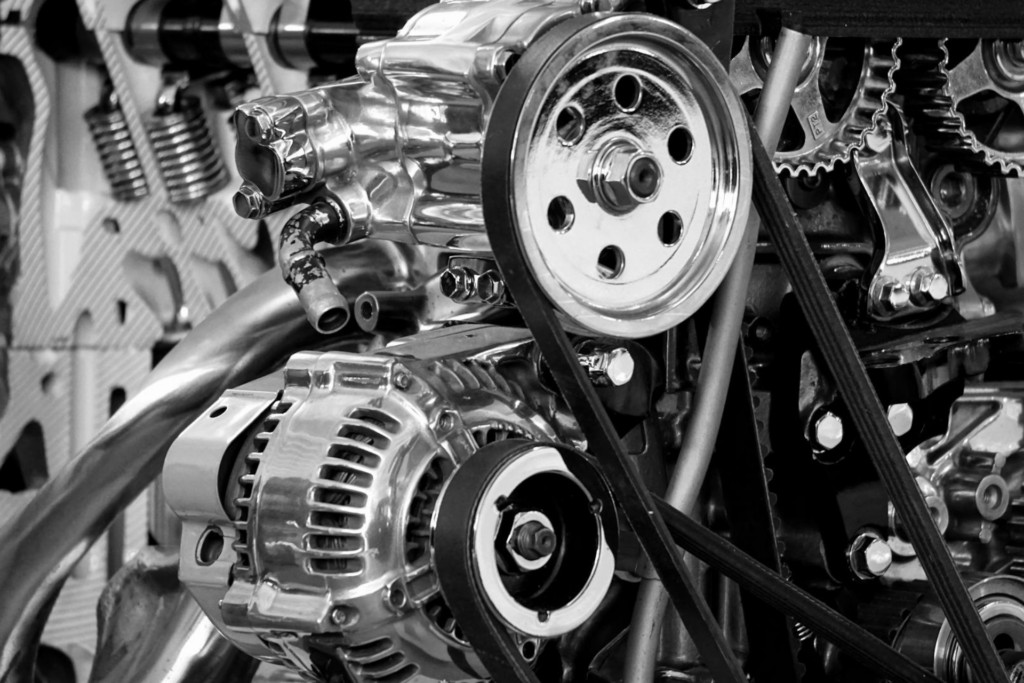Every car needs strong wheel studs. These small parts hold wheels in place. A weak stud can break and cause danger. Quality control ensures that each stud is safe and dependable. It checks every stage of production. It guards against faults and defects. It also helps meet safety standards. A good process builds trust and reliability. It protects drivers and passengers. Quality control in manufacturing is vital for performance and safety. It keeps each wheel firmly attached. It also improves the life of the studs. The success of a vehicle often depends on such careful control. The Highlands Ranch, CO based company Town Center Auto offers greet support here.
Material Selection and Testing
The process begins with the choice of steel. The metal must be pure and strong. It is tested for hardness and durability. A poor metal can fail under pressure. A good material ensures a solid base for the stud. Quality control checks each batch of steel. It also inspects the treatment steps. Heat treatment improves strength and wear resistance. Each test ensures the correct temperature and time. The result is a metal core that can endure friction and stress. Testing materials at the start helps avoid later defects. Every stud depends on this first stage.
Precision in Manufacturing Processes
The next stage involves forming and machining. Machines shape the metal into studs. The threads must be exact and clean. Small errors affect the fit and safety. Quality control checks the dimensions after shaping. It measures the diameter and thread depth. It also inspects the surface for cracks. Each step needs exact tools and skilled workers. Even a small flaw can lead to failure on the road. Precision keeps the stud uniform and safe. Careful inspection from Town Center Auto ensures perfection in size and shape. This attention keeps the process steady and controlled.
Coating and Resistance Checks
After shaping, the studs receive protection. A coated surface resists corrosion and rust. The coating process needs close control. Quality control checks the thickness and coverage. It confirms that no part is exposed. The surface must stay smooth and hard. Corrosion can weaken the stud with time. Regular salt and humidity tests help ensure protection. Each coated stud must pass this stage. The quality of coating affects both life and look. Good protection keeps the stud safe under tough weather. It also adds a clean and lasting finish to each part.
Conclusion
Quality control guides every stage. It starts with raw steel and ends with final testing. Each check points toward safety and trust. The wheel studs must hold firm under real strain. A strong control system ensures that promise. Careful testing, inspection and protection create lasting parts. Each step builds confidence in the product. The result is a reliable connection between the wheel and the car. Quality control makes that connection firm. It supports performance and safety on every road. Reliable studs mean a safer drive for all.

